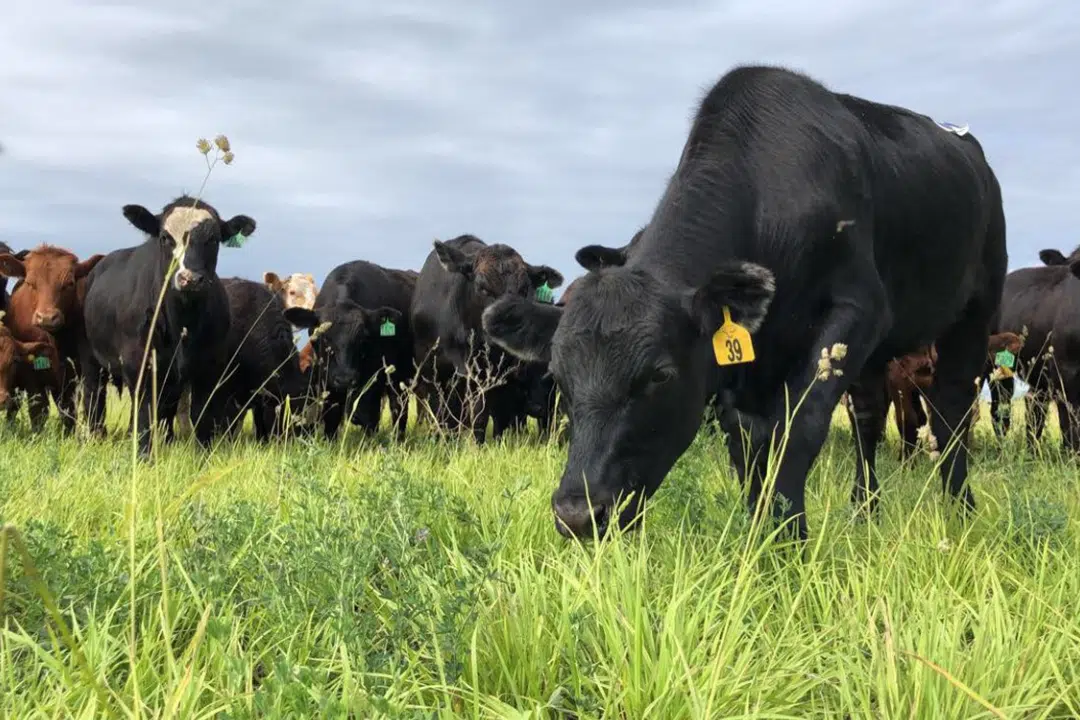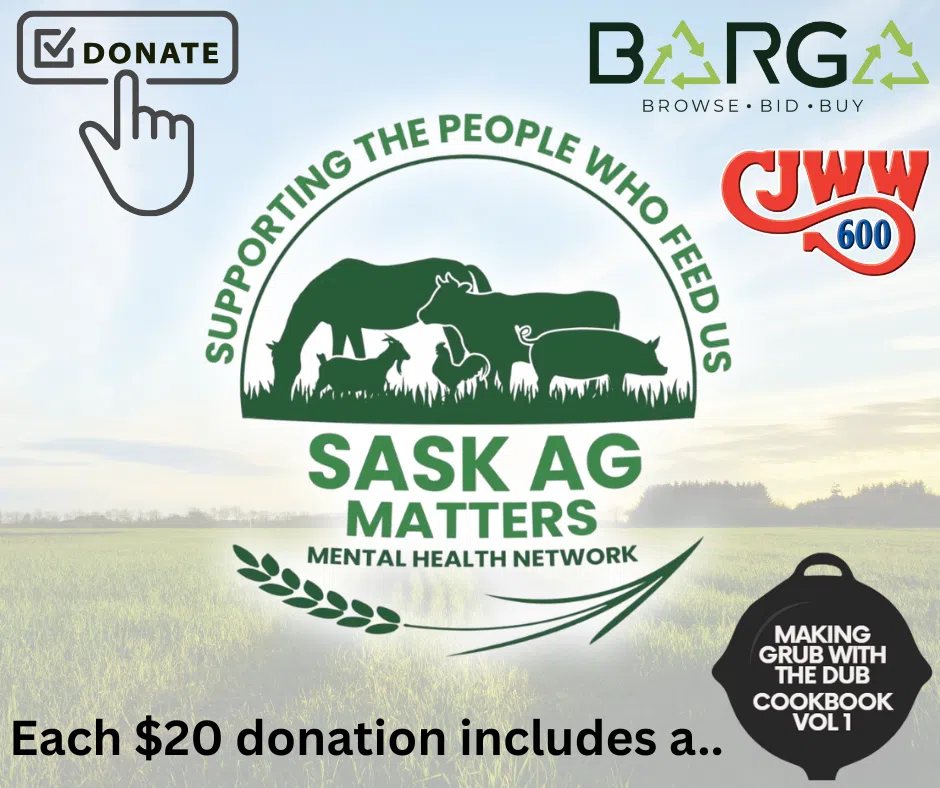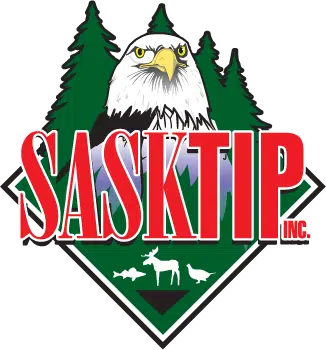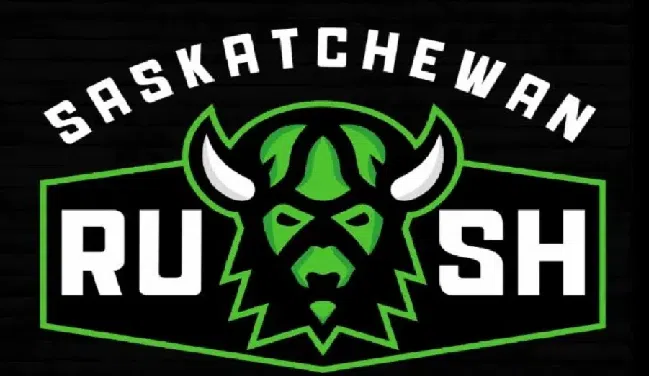
The list of grazing systems is very lengthy—holistic, regenerative, continuous, high intensity, low frequency, extensive, intensive, rotational, mob, creep, multi-species, rest rotation, season long, deferred, planned, and sustainable.
The following article was prepared by Cassandra Schroeder, range management extension specialist with the Saskatchewan Ministry of Agriculture’s regional office in Kindersley.
We could name grazing systems till the cows come home. But the grass doesn’t care what you call the system. Grazing systems each have pros and cons, and different systems can be used to work towards different goals. What is important, regardless of grazing system, is that grazing principles are applied. Four basic principles of grazing management are
Firstly, to balance forage supply and demand. Although forage production is variable, it is not infinite. If cattle take more than their fair share of production, it will hinder future productivity. So Leave half for the grass.
Secondly, to distribute grazing pressure. Even if overall forage demand is reasonable, preferred areas can be damaged and overused if efforts are not made to distribute grazing pressure.
Then to defer grazing during sensitive periods. Grass is more sensitive to grazing at certain points of its life cycle, including first thing in the spring and during stem elongation. This doesn’t mean that pastures can’t be used during these times. Instead, pastures can be rotated, switched, grazed lighter, or shorter to limit damages.
Finally, to provide effective rest. Effective rest means rest from grazing under good growing conditions. During winter, drought, or other stressful periods when plants are not actively growing, they cannot replenish themselves and recover from grazing.
These grazing principles should be applied regardless of what grazing system, if any system, is being used. These basic principles of balancing forage supply and demand, distributing grazing pressure, deferring grazing during sensitive periods, and providing effective rest are what matter to the forage plants. Apply them to improve forage management. For more information on forage management, grazing plans, and other agriculture topics, contact your local Saskatchewan Agriculture Regional Office, or call the Agriculture Knowledge Centre at 1-866-457-2377.

























